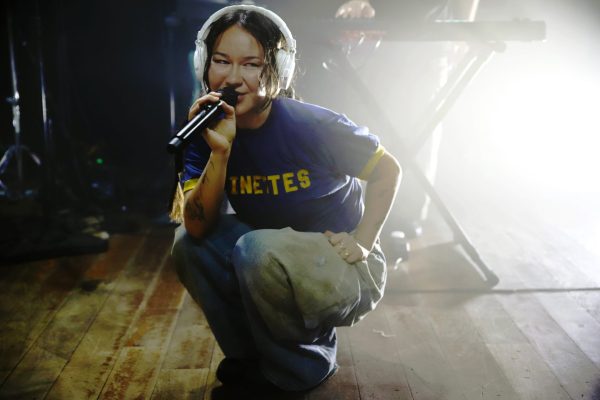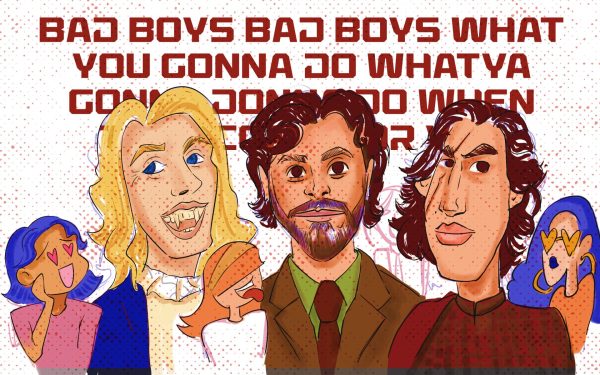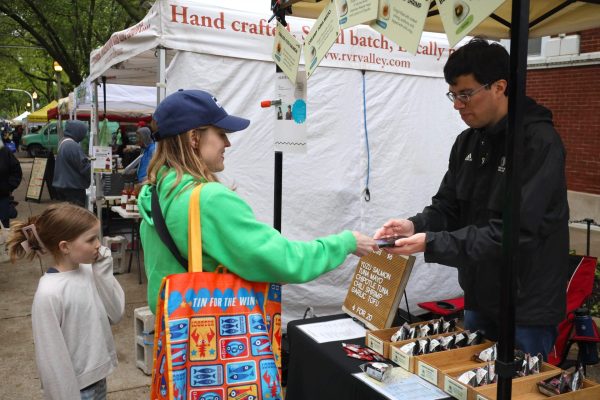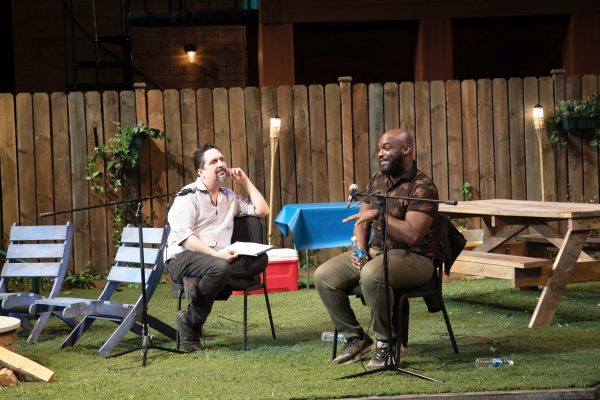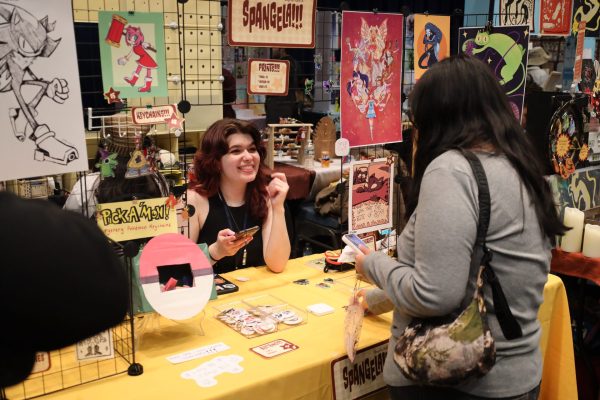Romance novels aren’t for your grandma anymore
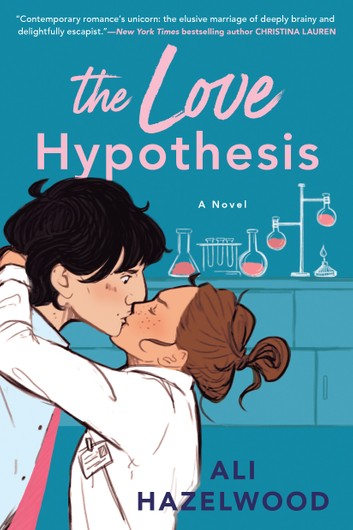
A decade ago, romance novels sat shamelessly on the table next to your grandma’s La-Z-Boy — paperback covers would feature Fabio and a beautiful, dark-haired woman whose white gown was in a very convenient (but precarious) position.
But now, the romance novel landscape is changing. Powered by TikTok, quarantine and a growing number of younger consumers, romance novels are being marketed towards Gen Z and Millennials.
According to Fortune in August of 2021, romance novels were among the “most popular and best selling genres over the past year and a half.”
One of the most popular romance books of late, “The Love Hypothesis” by Ali Hazelwood ranked among the top 10 books on the New York Times bestseller list. As of the week of January 16, it has spent 15 weeks on the list.
TikTok and its BookTok community are partially responsible for the book’s skyrocketing popularity. There are 108.1 million views on videos under #thelovehypothesis on the app.
First time author Ali Hazelwood used writing as a form of escapism from academia (even though she said she “really should have been working on [her] dissertation”), where her stories are usually set. During the pandemic, BookTokers and casual readers alike picked up “The Love Hypothesis” to escape from endless Covid-related news.
“BookTokers are seriously the most creative people in the world and I love them all — we as a society do not deserve them,” Hazelwood said.
Hazelwood said that she hopes others find an escape, too, when they read her book.
“What I love most about romance novels — and what allows me to escape inside them — is the knowledge that no matter what happens to the characters, there will be a happy ending,” Hazelwood said via email. “Everything will be alright.”
Ria Bhagwat, a DePaul senior, agreed that romance novels helped her escape during the pandemic.
“I read a lot more romance novels in quarantine than I ever had before because they distracted me from everything else going on,” Bhagwat said. “Romance novels take you out of your current situation without making you think too hard, which I needed at the time.”
Geoffrey Durso, an assistant professor of marketing at DePaul who focuses on social psychology, said that there is “a sense of escapism” surrounding romance novels.
“There’s a lot of missing social connection and especially deeper social connection — a romantic sense. So it makes a lot of sense to me why there would be a potentially even larger interest in this than there might have usually been pre-Covid,” Durso said.
“I couldn’t read any apocalyptic or other chaotic narratives because it felt like we were living it in real life,” Bhagwat said of her time in quarantine. “Romance novels became a part of coping for me — to remember that these simple and human moments still exist despite everything going on.”
Durso said that he can see why romance has been marketed to a younger audience.
“When we think of romance novels, we have a stereotype — in what we might call in our field schema of who the romance novel reader is,” Durso said.
For example, older women have typically been the stereotype of romance readers.
“In marketing, they have the demographic — defining who those [readers] are — and they target their efforts into that,” Durso said.
But now that younger consumers have shown an interest in romance novels, “it just takes a combination of that creative risk-taking and the will of authors — and thus also readers — to meet them there and say ‘we would pay you money for a lot more interesting stories, because young people also like romance and escapism,’” Durso said.
“The Love Hypothesis” strikes a balance between realistic issues in academia and warm, romantic escapism. For example, the protagonist Olive desperately needs to find a new lab with better funding to finish her PhD. But she’s also developing an unexpected crush on the “unapproachable” Dr. Adam Carlsen, a young professor in her program with a hostile reputation.
Hazelwood plays on romance novel and fanfiction tropes to weave a familiar and comforting narrative. Hazelwood said that she has “always loved romance novels, even when I was very young and should not have been reading them.”
“All I hope is that people who read my book will feel even a tenth of what I felt when I was 12,” Hazelwood said.
“The Love Hypothesis” and novels like it provide escape for a generation whose 20s have been bogged down by the pandemic.
“Falling in love is such a simple and human concept,” Bhagwat said. “I think romance novels honestly provide a lot of hopefulness for the people who read them.”


